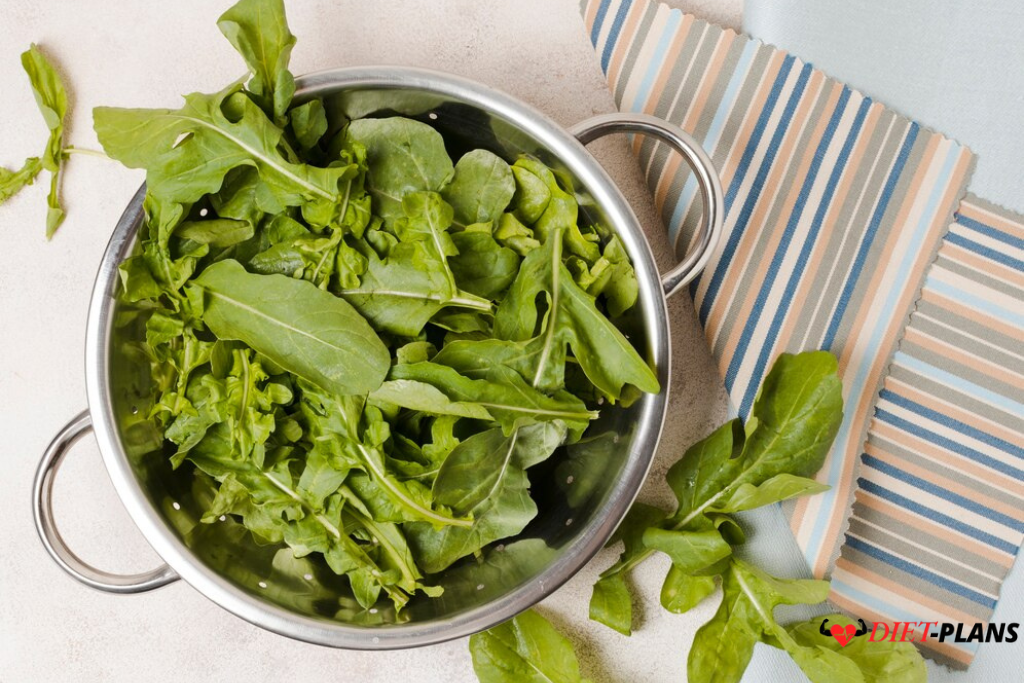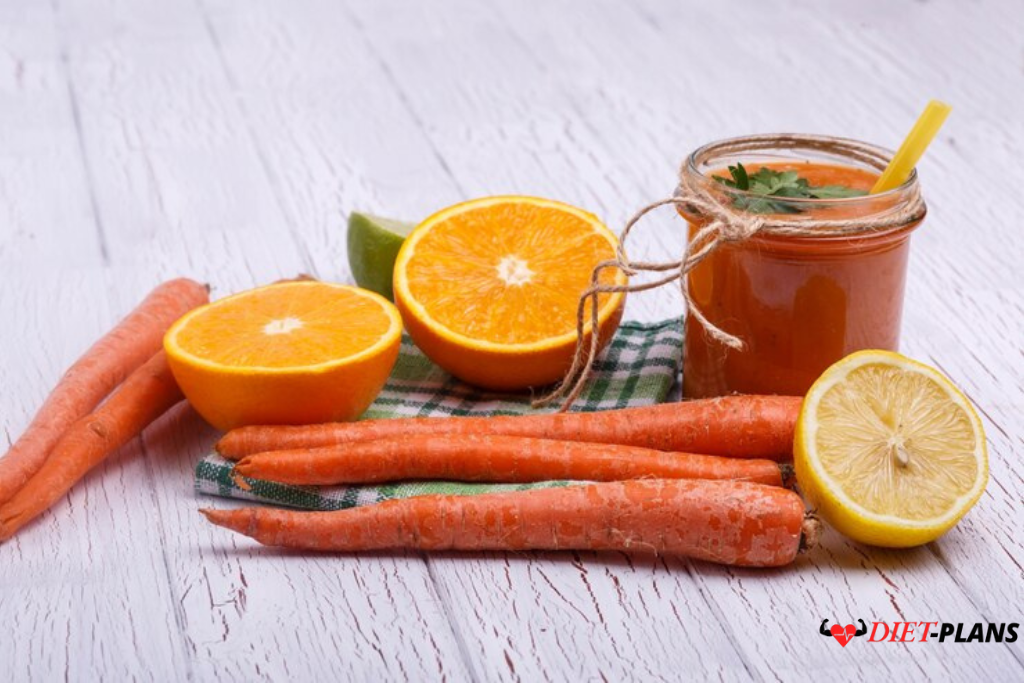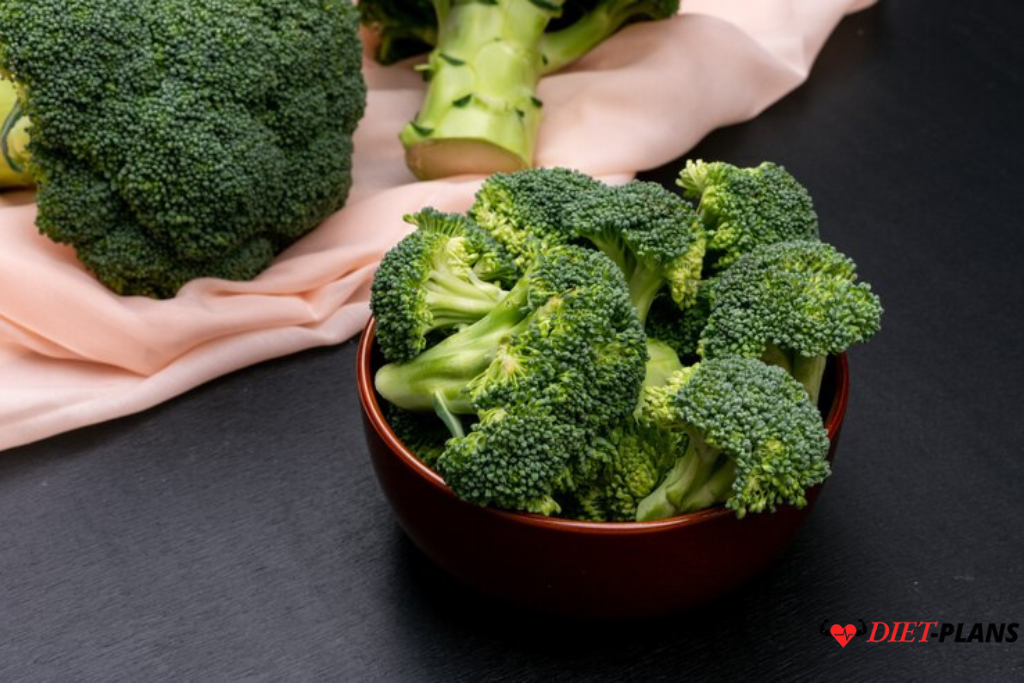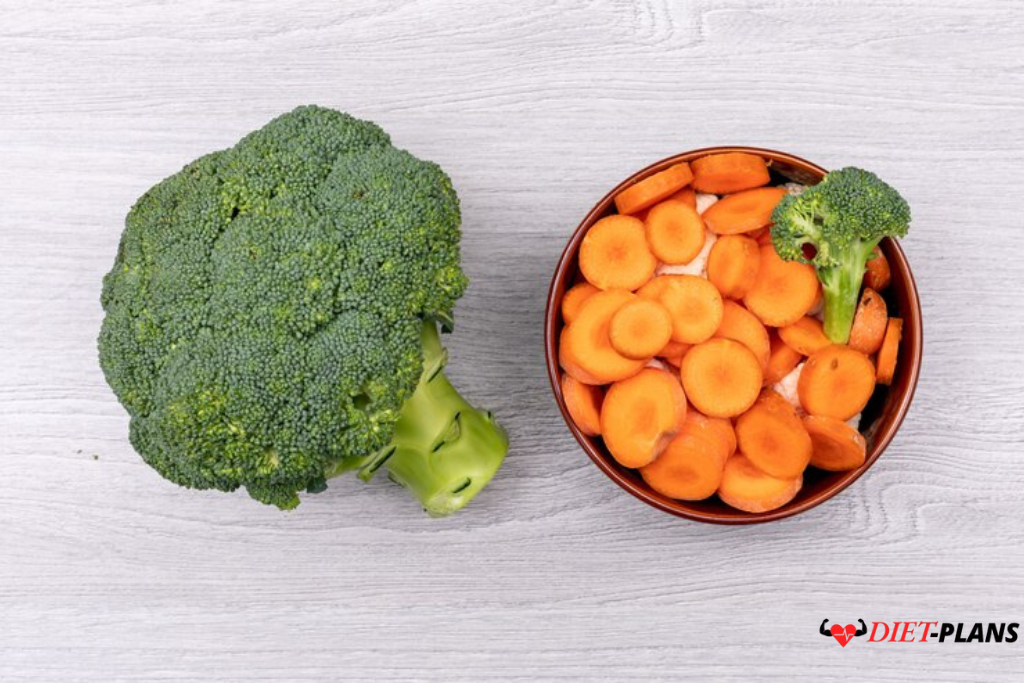Among the most nutrient-dense foods we may include in our diet are vegetables. These small jewels are filling, tasty, and a great source of fiber, vitamins, minerals, and antioxidants. Vegetable-rich diets may decrease blood pressure, lessen the risk of heart disease and stroke, prevent certain cancers, cut the risk of digestive and ocular issues, and improve blood sugar levels. The problem is that only 9% of Americans consume the two to three cups of nutrient-dense vegetables that are advised daily. Here, we’ll spotlight the top three nutrient-dense veggies and provide you tips on how to stay in the 9%.
Spinach: A Nutrient-Dense Powerhouse

Although spinach is the most nutrient-dense vegetable, kale has its time and is in the top ten. Vitamins A and K, which are abundant in spinach, promote good blood pressure, eye health, and the prevention of cancer. Additionally, it is rich in antioxidants, particularly lutein and beta-carotene, which combat oxidative stress. The most significant benefit of these leaves is that one cup of raw spinach provides you with the majority, if not all, of your daily required intake. Because spinach has a high fiber content, it’s a calorie-efficient and satisfying meal.
Additionally, spinach is very adaptable. You may use raw leaves as the foundation for a salad with blueberries, walnuts, feta cheese, and strawberries. After removing the stems and thoroughly blending, it also blends nicely in a smoothie. Because of their high vitamin content, these leaves retain their nutritional worth even when they are cooked down for serving as a side dish or in a frittata.
Carrots: Fiber and Vitamin Boost

Fiber, vitamin C, vitamin K, and vitamin A! Carrots include all of them. Regardless of whether they are full or tiny carrots, both have comparable nutritional profiles and provide antioxidants to support healthy bones, eyesight, blood pressure regulation, and immune system performance. These orange powerhouses are the best quick food to eat uncooked but don’t restrict them to snacks. Carrots may be used in Asian meals, smoothies, glazes, and slow cooking.
Broccoli: Anti-Inflammatory Superstar

With good cause, broccoli has been a mainstay side dish for a long time. The vegetables’ sulforaphane and flavonoids have been shown to have anti-inflammatory properties and provide protection against several cancer types. One cup provides a healthy amount of folate, manganese, and vitamin C, 77% of your daily requirement of vitamin K, and 90% of your daily value of vitamin C.
Because broccoli is related to cauliflower, kale, cabbage, and Brussels sprouts, you may receive a comparable nutritional boost from those vegetables if you ever grow weary of these little trees. Broccoli may be sliced for a frittata, cooked, added to spaghetti, and used in summer salads and soups. Keep your broccoli dark green since overcooking it might reduce its vitamin C content.

